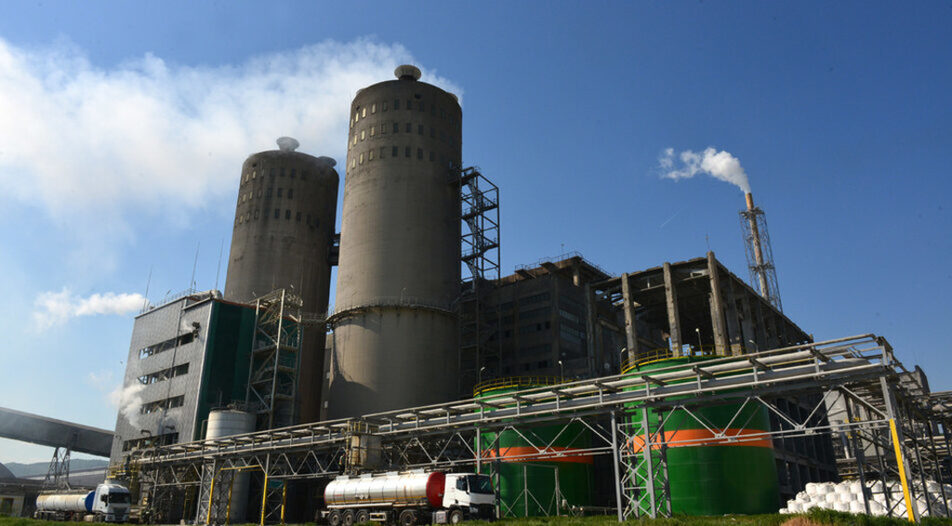The current supply crisis has proven that the investments Agropolychim made over the past few years were the right ones, CEO and co-owner Philippe Rombaut said at the 16th annual meeting of government and business organized by the Capital Weekly in March. The company has invested some 170 million levs (87 million euro) in replacing natural gas with ammonia as a raw material for fertilizer production, installing a steam production facility that runs on biomass, and building a grain terminal.
Goodbye to natural gas
Agropolychim is one of the largest producers of nitrogen and phosphorus fertilizers in the region. The company booked a turnover of 377 million levs in 2020; at the end of 2021 it employed some 700 people, according to data from APIS business information system. More than 400 million levs has been invested so far in the plant in Devnya, near the Black Sea port city of Varna, and a few projects are under way.
The construction of an ammonia terminal worth nearly 50 million euro was the key investment made in recent years, as it allowed the company to replace natural gas as a raw material for nitrogen fertilizer production. The company already makes steam from biomass, after injecting 11 million euro in a facility that in Rombaut's words has the capacity of Varna city's heating plant, while the price of the steam is a fraction of that produced by burning gas.
As a result, the plant's current natural gas consumption is about 10% of the volume before the investment and it can even completely stop using the fuel. "That makes us virtually independent. We are the last fertilizer plant in Europe that will suspend operations," Rombaut pointed out.
Another major project was the construction of a grain terminal worth 50 million levs, intended to facilitate farmers' business and optimize their transportations costs. "We did not plan to go into grain trade, we just wanted to be of help to our main customers," Rombaut said.
Grain for ammonia
These large projects have turned out crucial for Agropolychim and a trump card for the company in the food crisis looming in North Africa as a result of Ukraine's and Russia's absence from the wheat market. Up to now the Devnya-based plant has imported 50% of its ammonia from Russia; the remaining 50% is shipped from countries like Algeria and Egypt.
"We are currently replacing the Russian ammonia with other sources and we already have agreements with suppliers from Trinidad and Tobago, and Qatar. At the same time we can see that all companies that used to buy ammonia from Russia are now lining up for supplies from Algeria and other countries," Rombaut explained.
In his words, Bulgaria is in the unique position to be able to supply grain to the countries in need and in exchange be given priority in buying ammonia from them. "It may sound like the old barter deal but that will guarantee enough fertilizers for Bulgarian farmers, so that they can cultivate their land and treat their crops properly next year too," he said.
A lot of fertilizer makers in Europe have stopped working due to supply chain disruptions but Rombaut said there were enough fertilizers for farmers in Bulgaria. A strategic change for Agropolychim could come if the company secures 1 million tonnes of grain deliveries to Algeria, Turkey, Egypt and Qatar and receives ammonia in exchange. According to Rombaut, such a mechanism could work for Bulgaria too and guarantee the necessary quantities of LNG - for instance from Qatar.
The current supply crisis has proven that the investments Agropolychim made over the past few years were the right ones, CEO and co-owner Philippe Rombaut said at the 16th annual meeting of government and business organized by the Capital Weekly in March. The company has invested some 170 million levs (87 million euro) in replacing natural gas with ammonia as a raw material for fertilizer production, installing a steam production facility that runs on biomass, and building a grain terminal.












